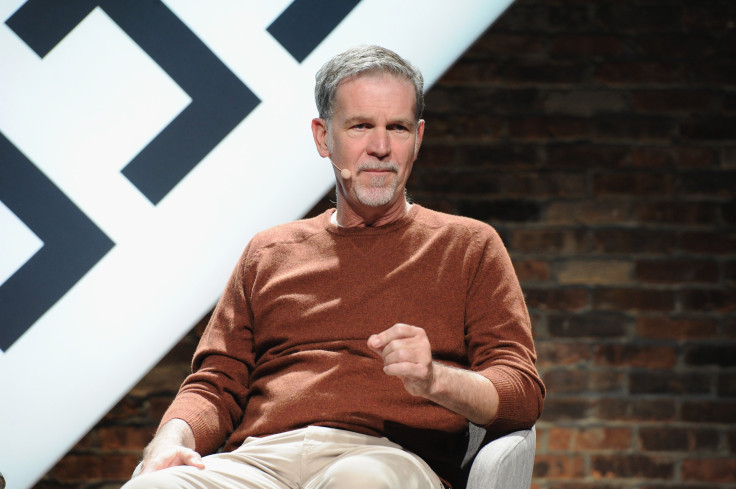Simulation Hypothesis: Is The Matrix Possible? Hallucinogenic Pills As Entertainment Could Define Future, Netflix Ceo says

Soon we may not watch television, we'll swallow it. That's if you believe Netflix CEO Reed Hastings.
He said at a Wall Street Journal conference this week that in the future we might ingest pills that would essentially allow us to hallucinate our entertainment. At the event in California, Hastings posed questions about the next big thing that shifts the landscape of entertainment like television did. "Is it VR, is it gaming, is it pharmacological?" he asked, via TechCrunch.
Then Hastings got a little weird, describing the possible future of entertainment in a way that echoed the sci-fi movie the Matrix, in which a character takes a pill to release themselves from a false reality and enter the a new, real world. "In 20 or 50 years taking a personalized blue pill, you just hallucinate in an entertaining way and then a white pill brings you back to normality is perfectly viable; and if the source of human entertainment in thirty or forty years is pharmacological we'll be in real trouble," he said.
Hastings is far from the first tech billionaire to postulate odd, Matrix-adjacent theories about the future. A story in the New Yorker this month revealed two tech billionaires, who remained unidentified, were funding research to break humanity out of the Matrix-style computer simulation in which we supposedly live. That theory is called the simulation hypothesis, which has caught on with tech billionaires and idiosyncratic pockets of the internet. One such tech billionaire is Tesla founder, Elon Musk, who claimed, "there's a one in billions chance we're in base reality," at the Recode Code Conference in June.
So whether it be that our entire reality is fabricated in a computer, or soon we'll all binge-watch shows together through collective drug trips, the future could soon get quite Matrix-y, if billionaires are to be believed.
In the grand scheme, #debatenight really doesn't matter because our universe is probably just a computer simulation: https://t.co/c9C4g1Mhfk
— Intl. Business Times (@IBTimes) October 20, 2016
© Copyright IBTimes 2025. All rights reserved.






















